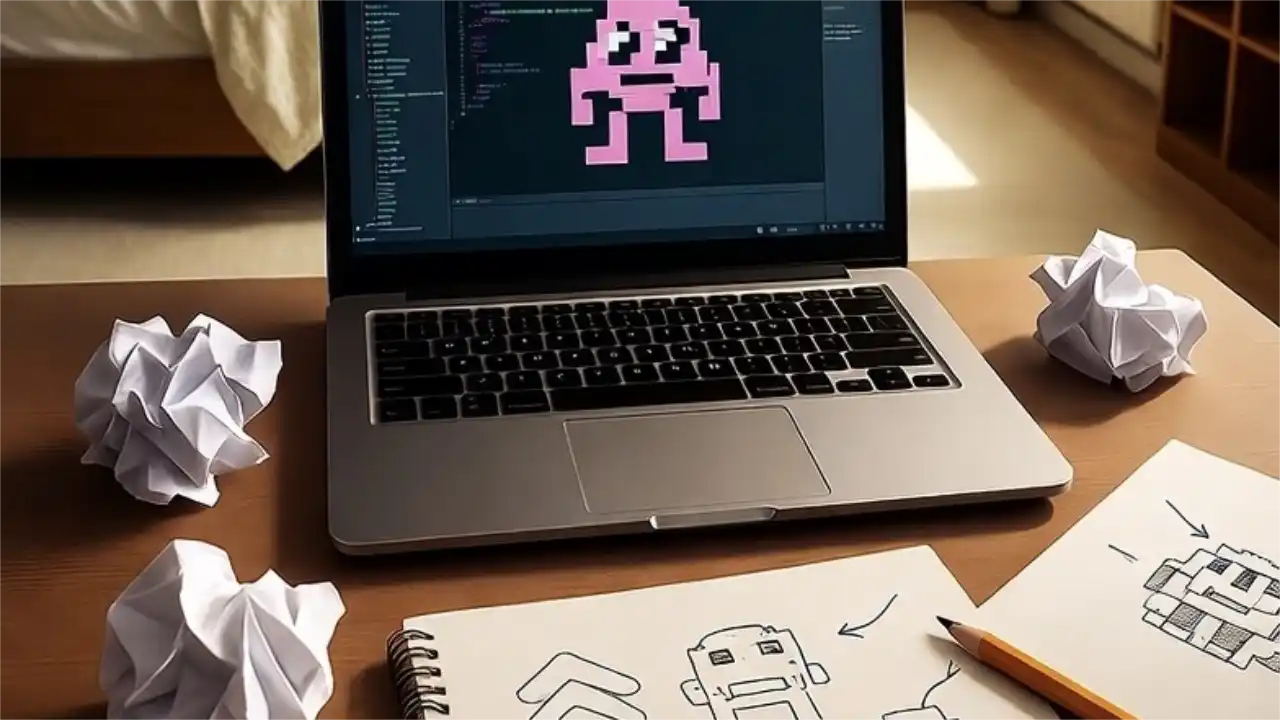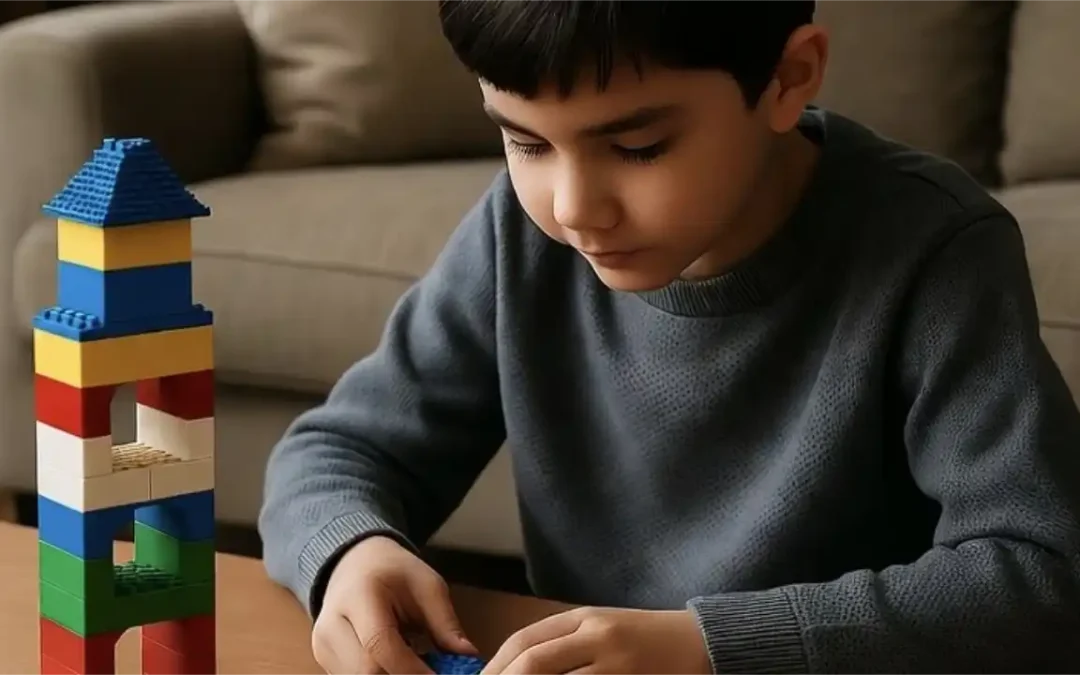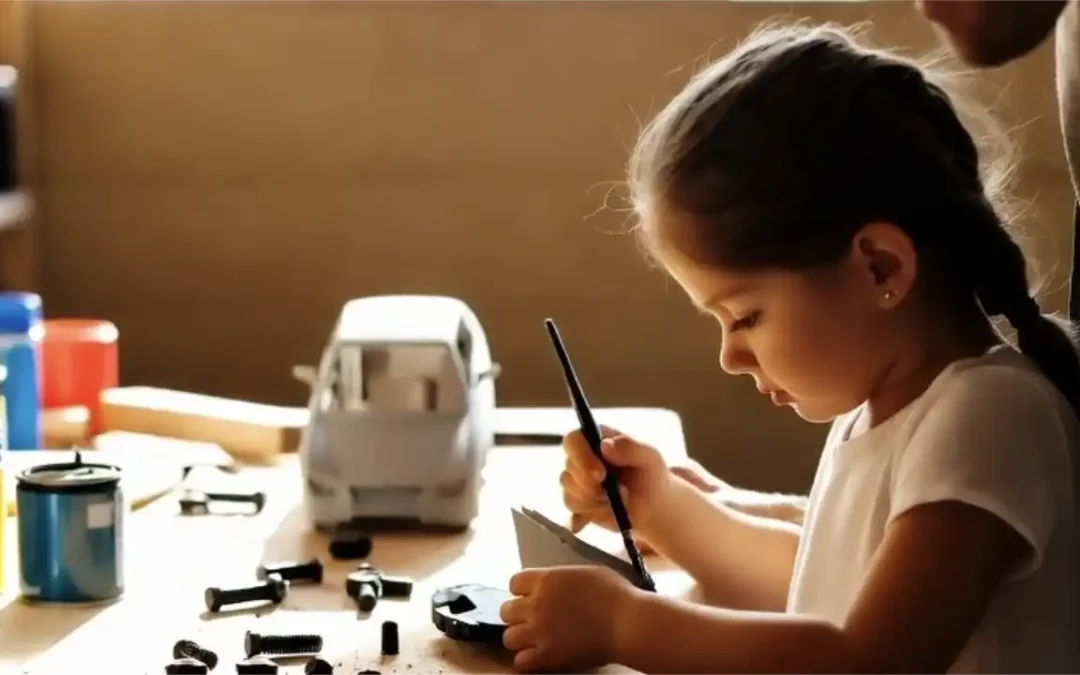
Modeling Creative Behavior: Solve Problems with Passion
O
ne evening, my son slammed his laptop shut in frustration. His coding project had frozen again. I gently asked, “What do you want it to do?” He muttered, “Just make the character jump.” We broke the problem into smaller steps and mapped it out. As he spotted the error, his eyes lit up. That shift—from overwhelmed to engaged—turned the challenge into a puzzle worth solving. He began to see problems not as roadblocks, but as part of the creative journey.
A week later, a new glitch popped up. This time, he didn’t shut the laptop. He paced the room, sketched possible fixes, and tried again—without asking for help. That kind of persistence wasn’t automatic; it grew from repeated experiences where we treated frustration as fuel, not failure. Whether debugging code, sculpting a model, or testing a science fair idea, he learned to approach obstacles with focus and determination. Passion wasn’t just a spark—it became a skill he practiced.
When your child hits a snag, resist the urge to step in too quickly. Ask what they’re trying to achieve and what’s getting in the way. Help them think through solutions, but let them lead the repair. Praise their effort, especially when things don’t work at first. Over time, they’ll come to see problem-solving as a creative act—and discover that the most satisfying ideas often emerge through struggle, not ease.
Modeling Creative Behavior

Modeling Creative Behavior: Push Through Creative Challenges
Creative challenges teach resilience and confidence. Support your child in working through difficulty with patience, curiosity, and steady encouragement.

Modeling Creative Behavior: Share Your Creative Hobbies
Children learn from what we love. Share your own creative passions to inspire confidence, curiosity, and joyful learning at home.
Table of contents

Primordial Soup for the Mind: Navigation
Navigate the book Primordial Soup for the Mind.
TIPS
- Let them brainstorm freely—then test one bold idea.
- Praise solutions that surprise you, even if they don’t work.
- Treat failure as feedback, not flaw.
ACTIVITIES
- Wacky Fixes: Solve a real problem using a silly or artistic method — 15 min
- “Wrong Way” Day: Solve a task using only nontraditional tools — 20 min
- Mini Invention: Invent something to solve a household annoyance — 25 min
EXAMPLE
My daughter turned a sock into a phone stand. It flopped—but she grinned and built version two.

Download “Primordial Soup for the Mind: A Parent’s Guide to Nurturing Intellectual Growth”
Enter your information to get this article and hundreds more as part of the FREE book Primordial Soup for the Mind.
Share your thoughts with the Thought Academy community in the Comments section below.

Sharpen those skills!
Enter your information to get our FREE practice exercises so you can hone your critical thinking and reasoning skills!







0 Comments